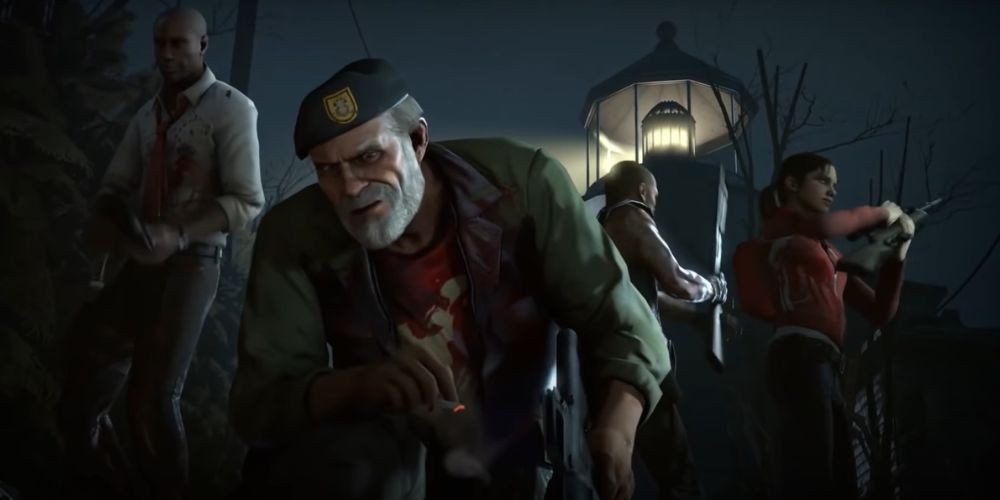The Untold Story Behind Left 4 Dead 2's Surprising Release
- 2023-11-26
- 0 Comments

Valve's Left 4 Dead series has always had a special place in the hearts of cooperative gaming enthusiasts. Its sequel's sudden release left fans puzzled and, for some, upset – seemingly a betrayal from a beloved developer. As it turns out, there's a compelling reason behind the decision to roll out a standalone sequel so soon after the original game's debut.
The first Left 4 Dead, although a hit, was burdened with internal issues that bordered on the catastrophic. According to Chet Faliszek, the original L4D's lead author, the game's engine needed to be fixed so that it would load maps multiple times in the background. This glitch was so severe it often resulted in character models vanishing without a trace. It was a precarious situation that made the developers apprehensive about tampering with it further.
When it was time to think about extending the Left 4 Dead franchise, integrating new content into the first game seemed logical, but with an engine on the brink of collapse, Valve's team decided against taking that risk. Admitting the engine's instability publicly would have undermined the herculean effort the development team invested into releasing the game. It's why the complaints regarding the perceived rush to deliver Left 4 Dead 2 fell on somewhat deafened ears at Valve – it wasn't just a matter of creative choice but technical necessity.
Left 4 Dead 2 was met with initial skepticism, with some fans even mounting boycotts against what they saw as a hasty cash grab. However, the sequel offered a significantly more robust and stable gameplay experience. It supported mods in a way its predecessor couldn't, thanks to the underlying software infrastructure enhancements. In retrospect, Valve's decision seems not just prudent but required for the series's growth, yet it was a conclusion they came to amidst widespread dissatisfaction.
Reflecting on Left 4 Dead's history, it's clear that the decision to push forward with a sequel was rooted in the desire to preserve the first game's fragile existence. While Valve's silence on the technical woes of L4D was intended to protect the dignity of their developers' labor, it inadvertently resulted in a rift within their community. Faliszek's recent revelation casts a new light on an old controversy, reminding us that the stories behind our favorite games can be as compelling as the games themselves.






Leave a comment